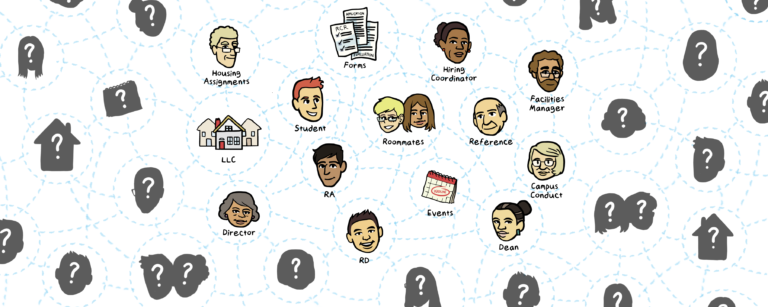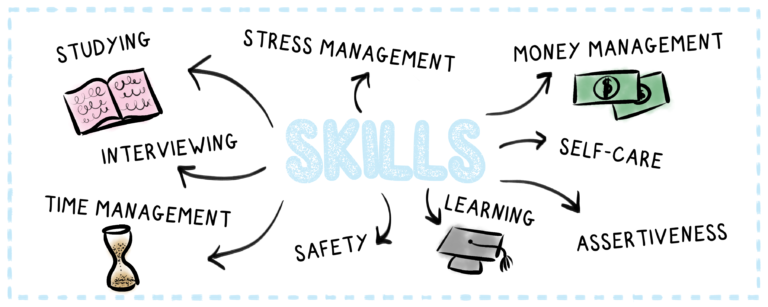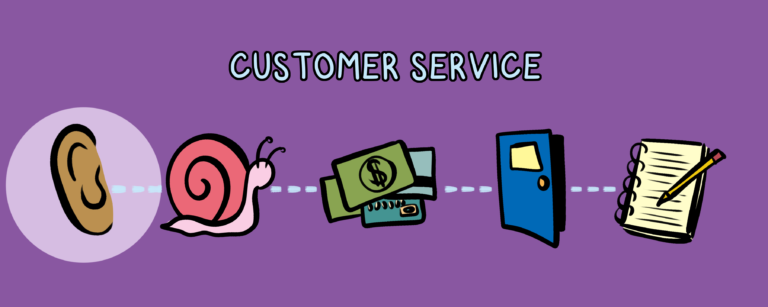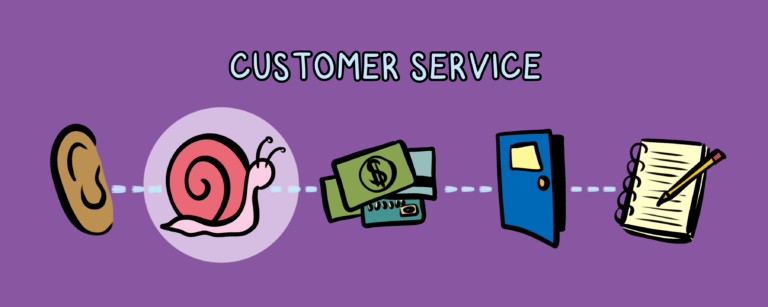Oh, hey! Welcome to the community.
Starting a new job is difficult. Moving to a new home is difficult. Meeting new people is difficult. Change of any kind is hard.
New job, new challenges
When you have done a job and understand how the systems work, confidence accompanies your work and allows you to feel a sense of control. Learning something new is exhausting and humbling. The unknown is unnerving. On top of learning the job, it’s about adapting to a new culture, forming alliances with colleagues, and navigating the community landscape. You’ve finished training, and while you’re excited, you’re also tired, unsettled, and exhausted.
To help with your transition, I’d normally suggest you read The First 90 Days by Michael D. Watkins but I know you don’t have time for that. I’ll just give you the notes, and you can take it from there. Watkins suggests that there are ten steps to a successful transition:
- Change your mindset
- Accelerate learning
- Make a suitable strategy
- Secure early wins
- Negotiate success
- Achieve alignment
- Build the dream team
- Create alliances
- Keep your balance
- Help everyone else with the transition
Underwhelmed? Keep reading!
Are you underwhelmed by the advice? If the answer is yes, it’s likely because you have heard it before. Think about the advice we give incoming freshman students:
- Take chances
- Make at least one new friend
- Find a community you connect to
- Don’t sign up for everything in your first year
- Remember your life balance
- Failure helps us learn
The strategies used to cope with transition remain the same throughout your life. The strategies for coping with transition start at an early age. From the moment you start school, you are learning strategies for adapting to change. Residence Curriculums typically include learning outcomes and strategies directed at educating and enabling strategic thinking that will assist with successful transitions. We can only hope these lessons can translate to future transitions and that you are able to pull those useful tools out of your toolkit when you need them.
Challenge
I challenge you to go back through Watkin’s list and ask yourself some honest questions:
- What does this mean for me at this moment?
- What strategies do I have to achieve this?
- Who can support me? What resources do I have access to?
- How will I hold myself accountable?
Honestly acknowledging the difficulties of a transition can be one of the most powerful steps in managing the transition. If you’re able to predict where your struggles might exist, it’s easier to prepare.
Welcome to the community. We’re glad you’re here.






